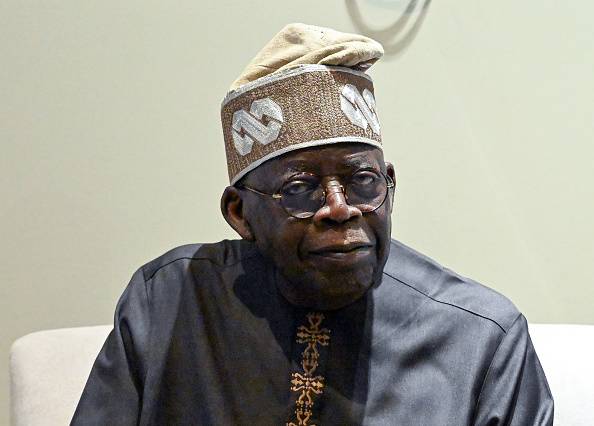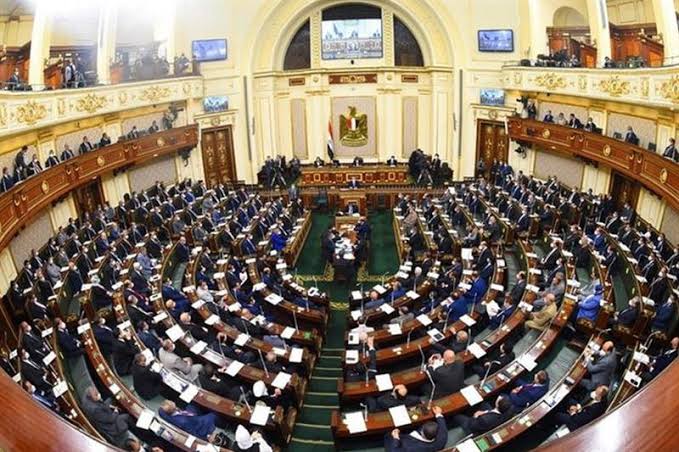Gain: Supporters of Sierra Leone’s President Julius Maada Bio celebrate his re-election on 27 June. The country increased its freedom ranking to 84th globally and by 25 points. Photo: John Wessels/AFP/Getty Images
African countries that suffered the worst and longest civil wars are recording the biggest moves in a freedom index, with the continent logging the best growth in a key prosperity score in close to 30 years.
The United States think-tank Atlantic Council shows that Rwanda, Sierra Leone and Ethiopia registered the biggest score changes in a global ranking of free and prosperous countries, from 1995 to 2022.
The Atlantic Council’s Prosperity That Lasts: The 2023 Freedom and Prosperity Indexes focuses on six social indicators of prosperity — income, health, education, environment, minority rights and inequality.
Of the three, Sierra Leone and Rwanda made the most significant gains in their freedom scores, according to the index.
Sierra Leone ranked 84th globally and increased its freedom rankings by 25 points, while Rwanda ranked 109th and improved its freedom score from 33.4 in 1995 to 53.5 in 2022.
“Rwanda’s freedom score rose by more than 20 points in the 1995-2022 period, following a civil war in 1994 — the legal and economic freedom components drove most of the increase,” according to the Atlantic Council’s report.
The freedom scores reflect improved robustness in abiding by the rule of law, a more robust institutional framework to elect and hold political leaders to account and increasingly free and competitive markets to run businesses successfully.
All three countries recorded a 20-point increase in their prosperity scores, the largest movements globally over the period under review, according to the index.
“Countries with higher scores in our freedom index also attain higher levels of prosperity.
“In all regions, countries that are free tend to also be prosperous,” according to the report.
These significant strides underscore the rise from the ashes of these countries that have, in turn, helped Africa record a higher-than-global average improvement in the rate of prosperity.
Africa’s prosperity score grew by 10 points over the review period compared with the global average of 0.4 points a year from 1995 to 2012 and only 0.1 points from 2012 to 2022 because of the effect of the Covid-19 pandemic.
“Sub-Saharan Africa is the region where prosperity has grown fastest,” said the report’s authors.
Africa’s growing prosperity was buoyed by improvements in environment and health, whose scores rose by 25.7 and 15 points, respectively.
These factors continue to exhibit in these and other countries, highlighting a sustained growth in economic freedoms and positive future prospects for Africa’s growth story.
Ethiopia, for instance, has embarked on economic reforms that promote private sector participation in finance, telecommunications, logistics and manufacturing.
Among key developments in modernising Ethiopia’s heavily state-run economy has been the privatisation of Ethio Telecom, after the licensing of Kenyan operator Safaricom in May 2021.
In February, the Ethiopian government proposed partial privatisation of Ethio Telecom by selling up to a 45% stake.
This move has attracted three other foreign operators, France’s Orange, Abu Dhabi-headquartered Etisalat Group and Netherlands’ Veon, which have since expressed interest in the market.
Conversely, Rwanda is firming up its sustainable development journey by placing the circular economy at the core of its decision-making and practice.
In December 2022, the country launched a 14-year Circular Economy Action Plan and Roadmap that will cost $211.2 million to manage waste and adopt clean production technologies.
Rwanda revised its green growth and climate resilience strategy in June this year.
“The revised Green Growth and Climate Resilience Strategy aims to guide national policy and planning in an integrated way, mainstream climate change into all sectors of the economy, and position Rwanda to access international climate funding and investment,” Rwanda’s minister of environment, Jeanne d’Arc Mujawamariya, said in a statement.
Seychelles, which ranked 35th globally, leads Africa as the most free nation, with a freedom score of 79.7, followed by Cape Verde, ranked 40th with a score of 78.8, Mauritius (47) with a score of 74.7, Namibia (51) with a score of 72.9, and Botswana (55) with a score of 72, topping Africa’s freest economies.
In North Africa, Tunisia ranked 93rd globally, with a score of 60.13 and Morocco came in at 92 with a score of 60.36.Only Mauritius and Seychelles reached the index threshold for prosperous countries. Cape Verde made the cut as a fully free country, but it did not reach the category of prosperous nations, according to the Atlantic Council. — bird story agency





















Discussion about this post